Trainers used to come into racing with Aunt Agatha’s legacy after a short service commission, having probably worn a trilby in their playpens. These days some come by different routes. To describe Dean Ivory as a small trainer, as the media do, is technically accurate but missing the point. Drive along a lane in leafy Hertfordshire, past care homes, stockbroker villas and driving ranges, and you come across an imposing set of electronically operated gates next door to a bustling premises embracing self-drive hire, recycling and road haulage. The commercial yard, run with brother Christopher Ivory, is a thriving business. Behind the posh gates next door and down an avenue lined with massive, expensive-to-trim yew hedges is the fun part, the Harper Lodge Farm training establishment run by second-generation trainer Dean Ivory.
Dean is as big or small a trainer as he chooses to be. His father, Ken Ivory, who trained from the same 100 acres of leafy Hertfordshire, also farmed and ran a haulage company. Dean, whose love of horses was imparted by a grandfather who ran horses and carts and kept brood mares, went to agricultural college but also worked on the skips as a mechanic and welder. Enjoying a few weeks in Australia on his grandfather’s legacy, he was woken one morning by grab lorries emptying a weekend’s supply of bottles and tinnies. He came home, bought a couple of grab lorries ‘and before I knew where I was I had 50 to 60 trucks’. He was, and is, a grafter, who likes to make it all sound like luck, but his business life since, which included a period running a pet cemetery in St Albans, has largely been about creating more time for his true love: putting a smile on owners’ faces.
Lately I have noted small groups who appeared to be having rather more fun than the others in the parade ring. Among them each time was Dean Ivory. At Newmarket one day recently, the Ivory crew, including wife Lesley and major owner Michael Yarrow, were in full cry. Their top horse Sirius Prospect had won a Listed race at York. One of the stable favourites, Tropics, ridden by Jim Crowley, won another Listed six-furlong race at Newmarket. Dean then completed a treble as Mickael Barzalona took a handicap on Lancelot du Lac, dropped back deliberately from seven furlongs to six. ‘Isn’t it great,’ said a beaming Dean, ‘when you get the races you want for your horses.’
Before becoming a trainer himself at the age of 40 when his father retired to Spain, Dean had already been an owner. His Ivory’s Grab Hire used to compete against his father’s Ivory’s Joy and one day they finished first and second at York. A Yorkshireman who followed the horses Ken Ivory trained, and who used to send Polo mints to the yard for his favourites, told his son who was visiting him in hospital to ‘back Ivory’s horse today’. In the betting shop the son was bemused to find two Ivory-trained horses in the race: he backed them both and put the pair in a forecast: it paid £976 to £1. The old man died soon after, but he died happy and the money paid the funeral expenses while a tape of the York finish was played at the wake.
Dean’s second horse was Ambitious: ‘At the time I didn’t even have a stable, we had to find room for her in a hay shed overnight.’ The day he bought her in a Windsor seller his father told him he was planning to pack up, but the filly proved so good that Ivory Senior continued training for another two years, winning eight races with her.
Looking back through the records it is amazing to see the prices at which Dean’s winners have been returned. As I write, the past ten winners include success at 20-1, 16-1, 11-2 and 9-2. He really is a value-for-money trainer and perhaps that is because he doesn’t gamble, saying: ‘If a horse wins you win anyway.’
In his father’s day, he says, small trainers could put horses in low-class selling races to boost their confidence, confident that others would not step in and snap them up afterwards. ‘They looked after each other: “Do you want to keep that one, Ken?” “Yes, I do.” “OK.”’ Nowadays, says Dean, it is a more ruthless game: you could not take the risk.
The shrewd businessman in him reckons that with insurance costs and other overheads it is almost impossible for trainers to balance the books with fewer than 30 to 40 horses. This year, he reckons, is the first in which he has had the ammunition to keep firing for a full season. But the key to this stable on the way up is the sheer enthusiasm of a man who has made his bit elsewhere: ‘It’s just lovely to be part of the whole game. I don’t have to be training: I do it because I love it.’
Got something to add? Join the discussion and comment below.
Get 10 issues for just $10
Subscribe to The Spectator Australia today for the next 10 magazine issues, plus full online access, for just $10.
You might disagree with half of it, but you’ll enjoy reading all of it. Try your first month for free, then just $2 a week for the remainder of your first year.

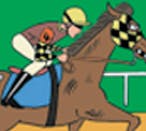
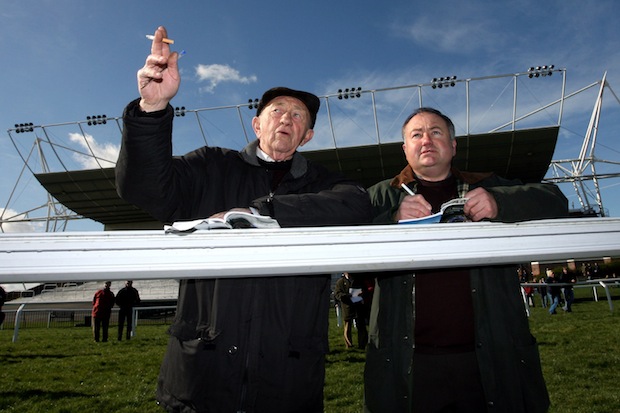
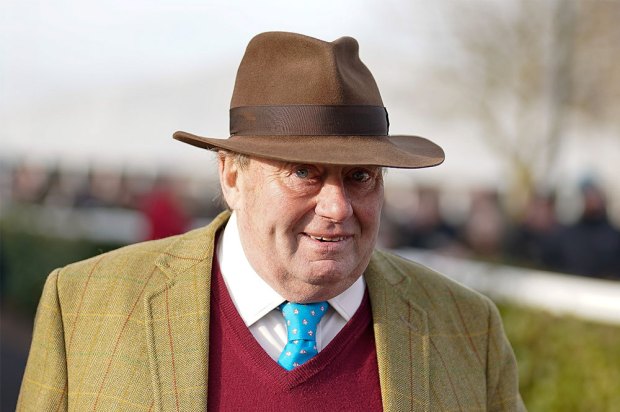
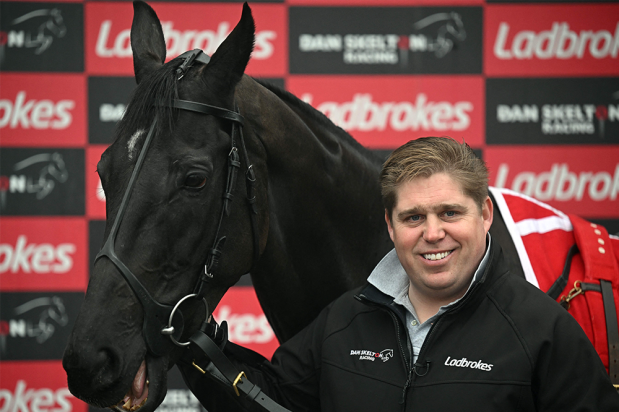
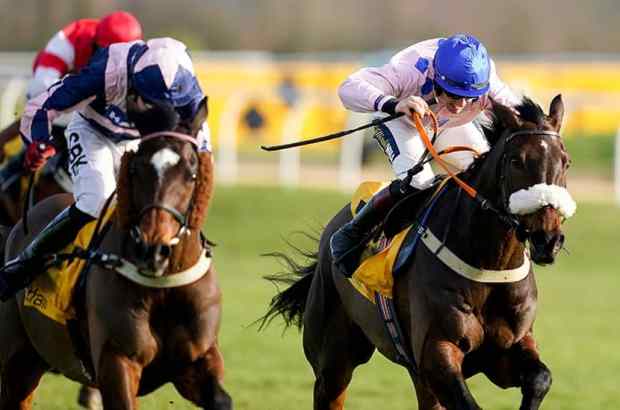
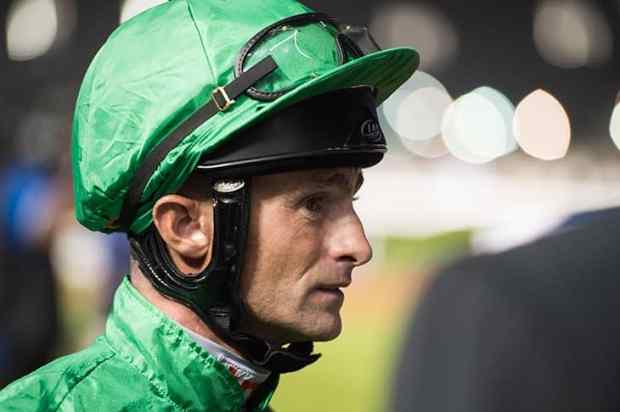
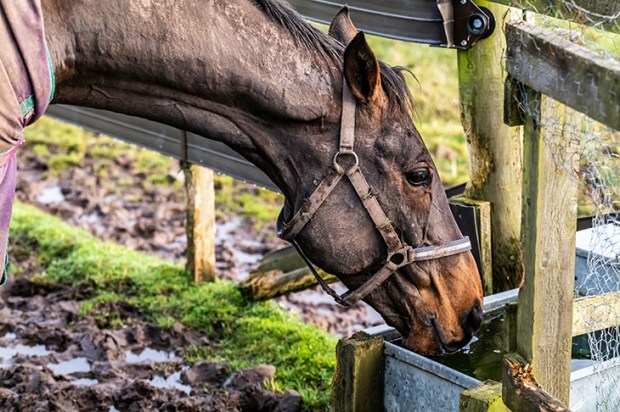
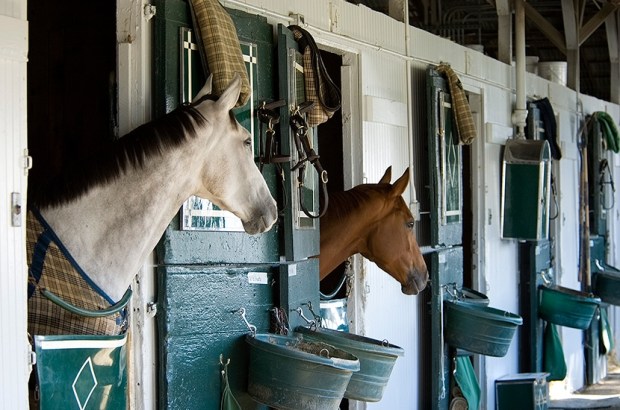






Comments
Don't miss out
Join the conversation with other Spectator Australia readers. Subscribe to leave a comment.
SUBSCRIBEAlready a subscriber? Log in